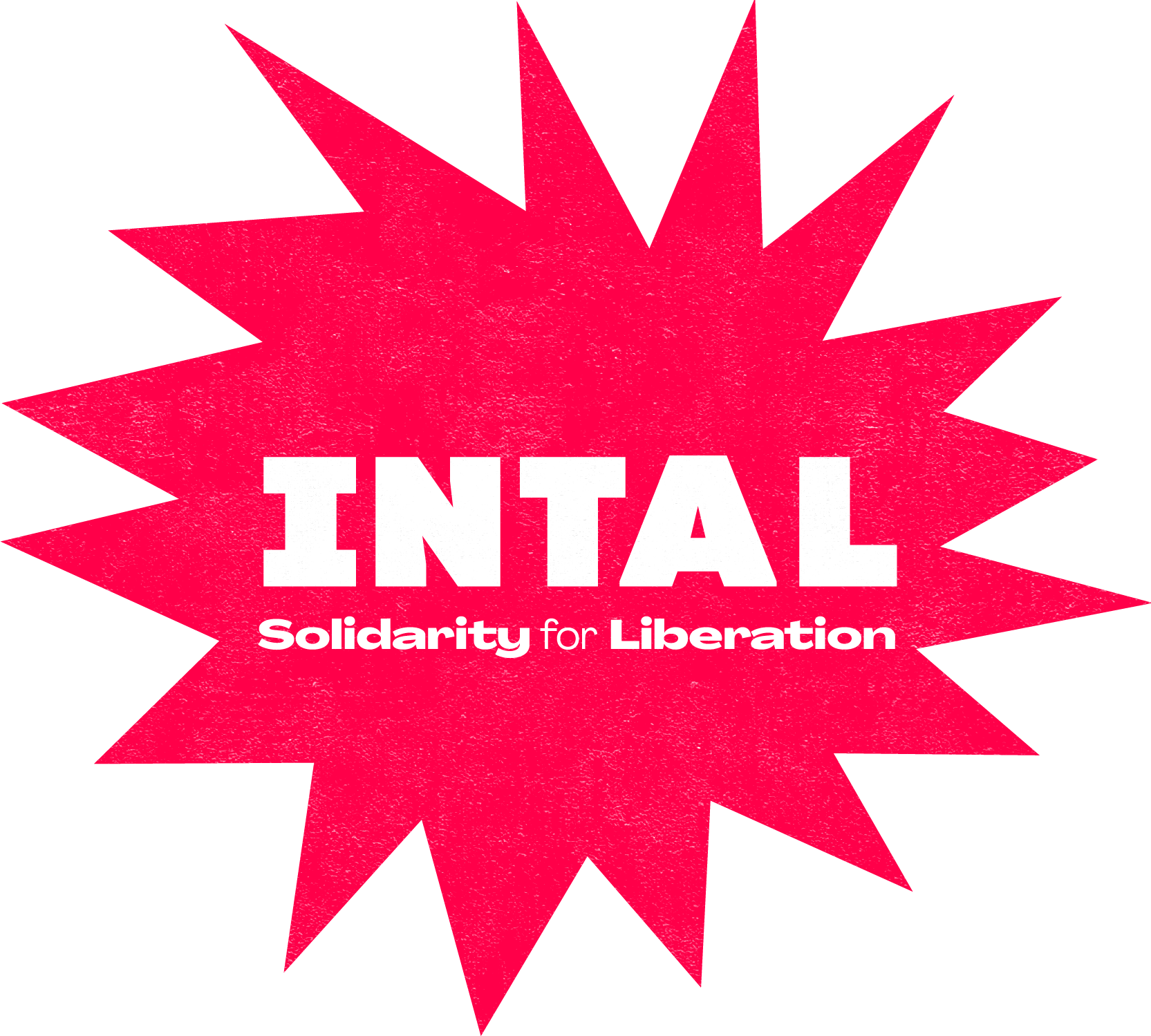The alarm and concern regarding changing environmental and climate conditions, as well as the harmful effects of economic activity within the current system on the ecology, have escalated worldwide. However, the measures and actions taken to address this undoubtedly catastrophic crisis do not match its severity. This discrepancy is directly linked to the prevailing logic of capitalism and its inherent disregard for the collateral effects of profit pursuit.
This year’s World Environment Day, on June 5th, must be a day of global action, both on the streets and online. It should serve as a day for educating and raising awareness about the gravity of our current situation, the root causes of our crisis, and a condemnation of the denialism and false solutions propagated by most world leaders and economic actors.
The ecological crisis has led to a range of disasters whose full extent remains unknown due to ongoing efforts by political and economic forces to obscure the severity and causes of the catastrophe. These disasters include heat waves, droughts, extreme weather events such as storms and hurricanes, fires, torrential rains, and others.
In recent years, catastrophic floods have become increasingly common around the world. In 2024 alone, devastating floods occurred in 13 countries, including Germany, England, Russia, China, Kazakhstan, Afghanistan, the UAE, Kenya, Tanzania, the United States, Australia, and Brazil. According to the World Meteorological Organization, flood-related catastrophes have increased by 134% since the 2000s. Floods are now the most recurrent and pervasive weather-related disasters threatening humanity today.
Heavy rains, ocean waves, melting snow, and the failure of dams and levees all contribute to flooding. Flash floods, which result from unusually heavy rainfall, are particularly dangerous, as the volume of water exceeds the earth’s ability to absorb it. Densely populated areas with inadequate infrastructure, locations near rivers, dam failures due to insufficient upkeep and maintenance or planning, and regions close to melting snow are all at increased risk of disastrous flooding. Thus, it is not only the occurrence of the weather event that leads to catastrophe but also underdevelopment, social and economic inequity, and neglect of public infrastructure—characteristics of neoliberal governments’ shrinking of the State—that are responsible for the threats we face today.
The destruction and loss of life caused by recent floods are not only cause for alarm and grief but also demand urgent action. In 2022, Pakistan endured one of the worst floods in recent history, affecting more than 33 million people, with 20.6 million requiring urgent humanitarian assistance, according to UNICEF and Al Jazeera. Eight million people were displaced, and 1,739 lost their lives. Eastern Africa recently faced heavy rains, flash floods, and landslides, affecting Ethiopia, Kenya, Somalia, Uganda, Burundi, and Tanzania and affecting approximately 1.6 million people, informed the United Nations Office for the Coordination of Humanitarian Affairs (OCHA). In Kenya alone, 293,000 people were displaced, and 289 died, as presented by government statistics. Most recently, in Brazil, intense floods affected 94% of 500 municipalities in the southern state of Rio Grande do Sul. Out of 11 million inhabitants, 600,000 were displaced, and 72,000 have no temporary shelter. More than 160 people in Rio Grande do Sul were killed by the floods.1 Floods kill more people in the United States each year than tornadoes, hurricanes, or lightning.2
In response to the recent disastrous flooding in the southern state of Rio Grande do Sul in Brazil, Professor Luiz Marques characterizes the current situation as a socioenvironmental collapse that must be understood as a process rather than an event. According to Professor Marques, governments will not take the necessary actions to prevent future disasters and mitigate the effects of ongoing ones without significant popular pressure and mobilization.
In fact, the only solution to the ecological crisis is a profound transformation of our economic system toward a model that promotes both development and the preservation and protection of the natural environment. Merely reducing emissions in an effort to curb heating is insufficient and, of course, non-viable given the current hegemony of capital and its interests.
The challenge for working-class organizations, movements, and peoples’ parties cannot be understated, as only through popular mobilization and action can the needed transformations be effected. Scientists, legislators, and politicians may play important roles, but only mass-based organizations have the capacity to build the necessary political force to counter the prevailing economic order, which depends on the continued devastation and pillage of the environment.
On this World Environment Day, the International Peoples’ Assembly calls on the peoples of the world to engage in action, education, and discussion toward the solution of the current ecological crisis. To this end, we offer the following insights gained by movements around the world in their work toward transforming our current reality :
- Defending national sovereignties against the interests of global corporations that seek to extract natural resources is essential to preventing further devastation.
- Land reform and the pursuit of a model for agricultural production based on agroecological practices and the principles of food sovereignty are means to confront the destructive character of industrialized agriculture.
- Safeguarding our rights to land, water, and seeds through proper legislation and formal guarantees, including the defense of indigenous lands, is a priority.
- Solutions must focus on structural changes to the economy and the model for development, not on consumer-driven actions.
- The military-industrial complex, led and organized by U.S. imperialism, constitutes an ongoing and pervasive assault on peoples and the environment, considering the vast resources that serve military production and the polluting nature of its production.
- Addressing the environmental crisis must also address hardships associated with the overall system, including hunger and famine, inadequate and dangerous housing, inadequate urban development, insufficient access to health care, and unsafe working conditions in mining, agriculture, and other sectors.
- Solutions should be pursued at all levels of society, from the regional and national to the municipal level.
- Struggles and political action regarding the ecological crisis cannot be separated from efforts to address patriarchy, racism, violence, and inequality, or to guarantee democracy, peace, sovereignty, and development.
Towards advancing global action in these times of crisis the IPA calls on organisations, movements and parties to:
- Produce and promote content on June 5th on social media that highlights the need for urgent solutions and actions
- Hold public events that aim to raise consciousness and debate around the environmental crisis
- Share any content regarding actions, debates and discussions in your organisation with the IPA at info@ipa-aip.org, in an effort to compile and systematize the knowledge and practices that organisations are building
- Take action to pressure governments, corporations, and institutions that play a role in perpetuating the current crisis.
- Organize artistic, educational and cultural activities that raise awareness while also fostering hope towards the possibility of an alternative.
In the wise words of Chico Mendes, environmentalism without class struggle is simply gardening, so let’s struggle together to build a more equitable, safer and ecologically harmonious future for all.
1 This data was released by the local press from the state’s Civil Defense bulletins.
2 https://www.nssl.noaa.gov/education/svrwx101/floods/
[1] https://www.nssl.noaa.gov/education/svrwx101/floods/

